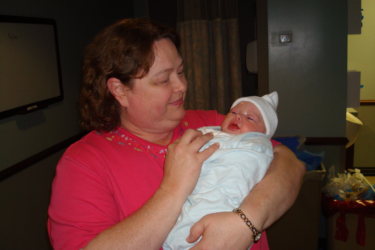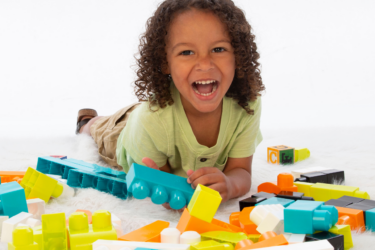
Stay Active: Building Confidence After School
Learning a sport, game, musical instrument, drama, or other skill is its own reward. But participating in after-school activities can provide many additional benefits to kids, too. Through many years of coaching experience, Jimbo Gravois, co-owner of Louisiana Athletics, has observed several ways that participating in after-school activities benefits children.
Socialization
Participating in an after-school activity can be a great way for kids to make friends and to learn social skills. Provided that the child is participating in an activity they enjoy, it will offer an opportunity for them to meet other children who share a common interest.
“I’ve seen kids come in who have no friends,” says Gravois. “But after a year of participating in a team sport, they’re talking about being family.”
Building Confidence
Children of all ages can build confidence by trying something new, setting goals, and conquering new skills.
“Their confidence tends to grow as they grow in what they’re asked to do,” says Gravois. He points out that this increased confidence is closely tied to the socialization that after-school activities provide. “They tend to make more friends if they have more confidence, and the more friends they have, the more confidence they gain,” he says.
Creating Healthy Habits
Louisiana Athletics offers tumbling and cheerleading as after-school team sports. By participating in physical activities such as these, children build healthy habits and become more physically fit, which improves their health.
“When kids come in, they learn the value of health, why healthy eating is important, as well as what it’s like to work out and to love the workout process,” says Gravois. “So when they go back to school, compared to other kids, they’re leaner and healthier.”
Expanding Comfort Zones
Learning new skills also helps children expand their comfort zones. For instance, participating in musical theatre encourages them to perform on a stage, something many are afraid of doing. “When we see kids come in for the first time to participate in something, they will be very shy or timid,” Gravois says. “But as they try new things and start exploring new skills, you’ll see those walls breaking down. They’ll start to understand that if they try something once, it will be hard, but it will get easier each time they try it. Their comfort zones are expanded whenever they work together and try new things.”
Improved Performance in School
Scholarly research as well as Gravois’s experiences have shown that participation in after-school activities tends to improve kids’ performance at school. “Because they have more of a tight schedule, they have less time to spend on things like social media and video games,” says Gravois.
When asked whether after-school activities can make children too busy to get their homework done, Gravois responds, “You have to leave margins for the important things, or you won’t get them done. But if you leave too big a margin—well, my mother used to say, ‘Idleness is the devil’s playground.’ My mother always kept me bouncing from one activity to the next because otherwise, I’d get myself into trouble.”
Fun
One of the best things about after-school activities is that they allow children to have fun. Research continually shows that kids learn best when they’re at play. So often, children may learn more from participating in a fun, playful activity than they do from sitting in school. Gravois points out that because kids learn best when they’re having fun, they’ll often see a coach as more of a parental figure than they will a teacher.
Break from Social Media
Because peer pressure and social status are so central during the teen and tween years, social media can put a lot of pressure on kids. Gravois has repeatedly seen children placing their value and self-worth in the number of likes, comments, and shares they’re getting on social media—and these sites can be sources of a great deal of bullying as well.
“When we were growing up, our worth was found in the friends we hung with, the people who thought we were acceptable,” Gravois says. “Nowadays, I have cheerleaders who will post something, and if it doesn’t get over 100 likes, they’ll take it down because they think that means it wasn’t good enough.”
“When they’re in sports, they’ll find something else to strive to be,” Gravois continues. “As they’re gaining a new skill, they’ll start to see that they’re achieving something, and it gives them something to work at other than trying to find their worth in something that’s false. It tends to cut down on bullying.”
Learning to Put Others First
A team or other group setting is a great place for children to learn selflessness. “From two-year-olds all the way up to age 18, this is something every parent wants their kid to learn—how to be selfless, how to be a good team player, how to put ‘we’ before ‘me.’” Gravois says.
While schoolwork is usually based solely on individual output, after-school activities can help kids learn teamwork. Kids learn how to put the group first, rather than their own needs.
Building Community for Families
Parents may find that putting their kids in after-school activities ends up benefiting their own social lives as much as it does those of their kids. From attending games and practices to carpooling, being part of a team tends to build community for the whole family. Gravois frequently sees parents of the kids he coaches forming close friendships, going to birthday parties, and even taking family vacations together.
“When you go to a whole season of games together, you tend to get really close,” Gravois says. “Moms and dads get the same community that the kids get.” ■





